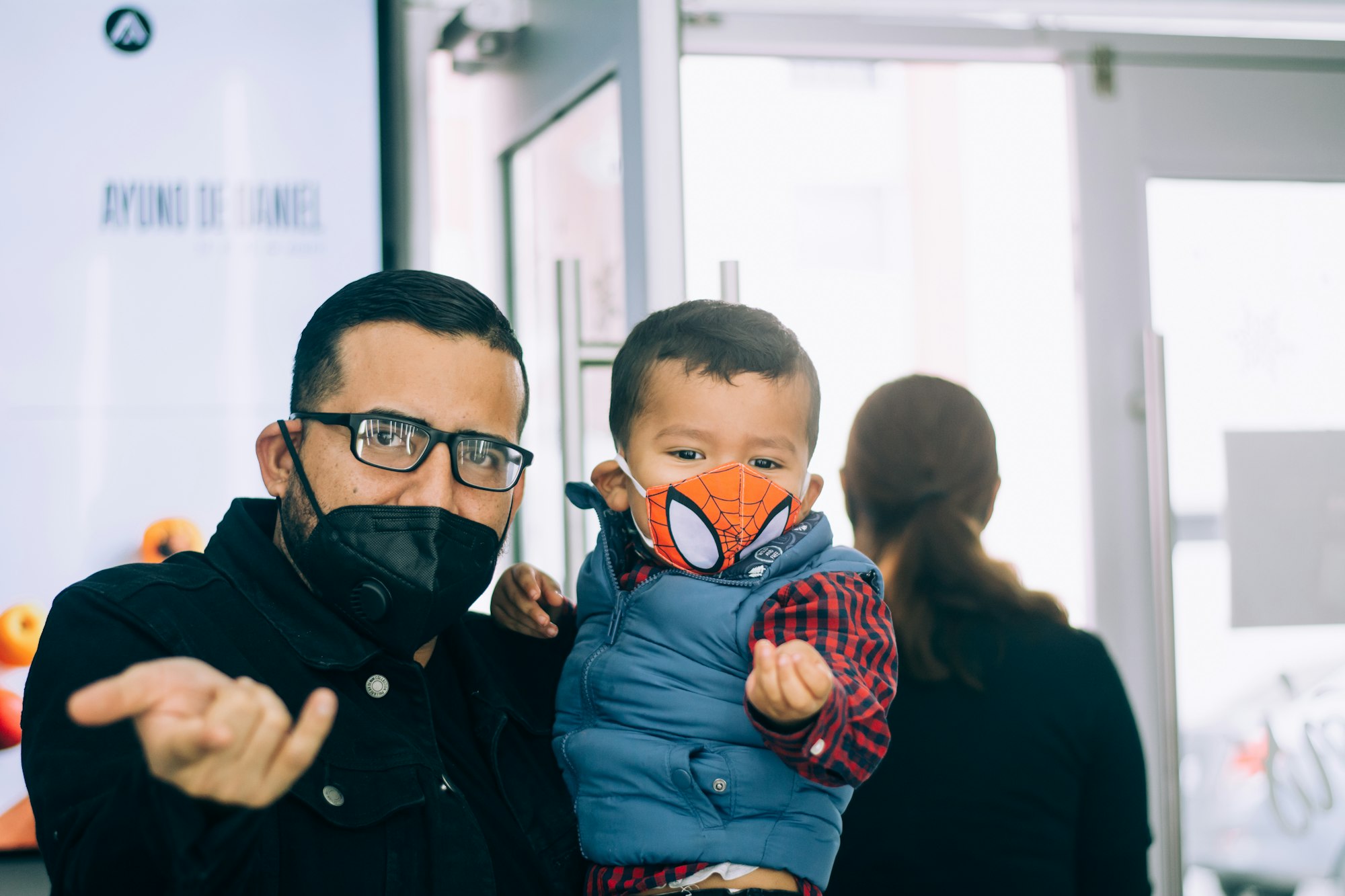"With great power comes great responsibility."
I forget there are incentives for ignorance.

Philosophy Club meets tomorrow and our assignment, via our member Chris, is to talk about a quote we've been meditating on this week.
So we're all familiar with this one: "With great power comes great responsibility." Uncle Ben says it to Spider-Man; it is a touchstone of the character. Even if it is not outright said in various stories about Spider-Man, it remains a readily identifiable theme. I thoroughly enjoyed the last Spider-verse movie in part because it featured a love story where desire centered on understanding each other better and growing together. Also because it had a cop flooded with self-righteousness who found himself hesitant. Great responsibility can mean many things, and those are two angles worth exploring further.
I have faced some deeply toxic attitudes in recent months. I sometimes take it for granted that people want to be more informed so they can respond to tough situations, whether now or later. I also take for granted that if it is possible to do good for little or no cost, people will do it. I forget there are incentives for ignorance. If you don't know, you can't feel guilty. If you don't believe doing things for others is good, you can pretend that the problems of others aren't real. When confronted with attitudes like these, you have to look for the helpers immediately. You have to give as much as you can to people who want to step up and hope others follow along. Toxicity exists to spread, and in our day and age, it does not relent. Antibodies are needed. Unfortunately, it is a great power of a sort, one which denies responsibility at the expense of agency.
New Avengers, Volume 2, Issue 27 is a gem of a comic. The build-up is compelling storytelling. A cosmic force, the Phoenix, is coming to Earth and will destroy everything if not received by a specific person who properly harnesses its power. Centuries ago, a woman with red hair was trained by monks (and Leonardo da Vinci!) in order to achieve what was needed, merge with the Phoenix, and take it back to the stars. In Issue 27, red-haired Hope Summers hears this story at the monastery where the events supposedly happened. The Phoenix is approaching Earth again. Hope is angry: she's told she's the Phoenix and that big things will occur and she's responsible for any destruction that will follow. She's understandably tired of being blamed before she knows what's going on. A scrying session with the head monk leads him to believe that she needs to talk to Spider-Man.
So Spider-Man gets there and has no idea what to say. Hope goes off on him and that's when he almost instinctively says "With great power comes great responsibility." She's about to treat it like a line from a Saturday morning cartoon when he explains that if he had thought about his responsibilities instead of wallowing in self-pity, he could have saved his uncle. You have a choice when you're thrown into chaotic situations with power, but the choice doesn't come from having clarity at the outset. You have to act–you have to take responsibility and use your power–and then you start realizing what your responsibility and power actually are.
This is an astoundingly tough lesson. There are plenty of people sitting and ranting and pretending they're powerless. It's not always bad! They do help keep things running. At times they'll have a dignity or grace or maturity or virtue we can learn from. All the same, it's easy to see why we have some fatal blind spots as a society. Also, using your power and accepting responsibility isn't an unbroken chain of successes. Learning involves failures that may seem catastrophic to both trained and untrained eyes.
Sometimes, there are catastrophes because you thought hard about the right thing and tried to do it. Anything worth doing is worth failing at. I wish more people were giving to others–giving genuine works and charity–instead of pretending failure is to be avoided at all costs.
